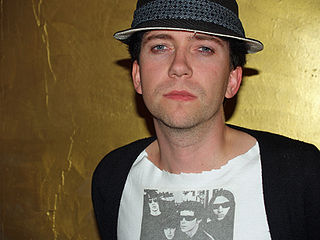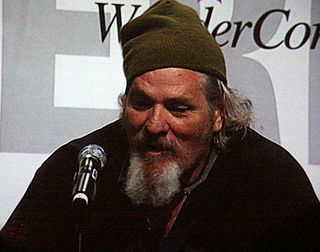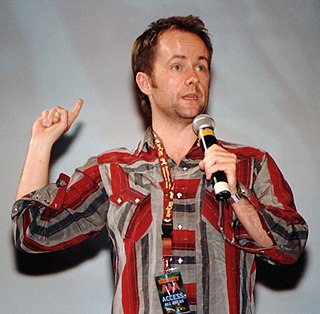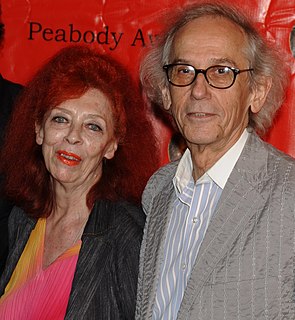A Quote by Alison Bechdel
The satiric ethos of Mad was a much bigger childhood influence.
Related Quotes
Homosexuality is a cause, much like a religion. What is the philosophy behind gay pride parades? The same philosophy that there is behind Muslim demonstrations! Show of force and promotion of the ethos! Homosexuals promote their lifestyle much like religionists promote their religion. I suppose they realize that the bigger is their number, the more political clout they can wield.
Economic systems work better when there's an extreme reliability ethos. And the traditional way to get a reliability ethos, at least in past generations in America, was through religion. The religions instilled guilt. ... And this guilt, derived from religion, has been a huge driver of a reliability ethos, which has been very helpful to economic outcomes for man.
I think the one thing that I've experienced with American films is just that the size tends to be so much bigger, the budgets have been bigger, the size of the sets have been bigger, the number of people working on them is bigger, but that's not to say that I haven't been able to get close to people or develop good relationships.
God has called us to SHINE, just as much as Daniel was sent into Babylon to shine. Let no one say that he cannot shine because he has not so much influence as some others may have. What God wants YOU to do is to use the influence YOU have. Daniel probably did not have much influence down in Babylon at first, but God soon gave him more because he was FAITHFUL and used what he had.



































